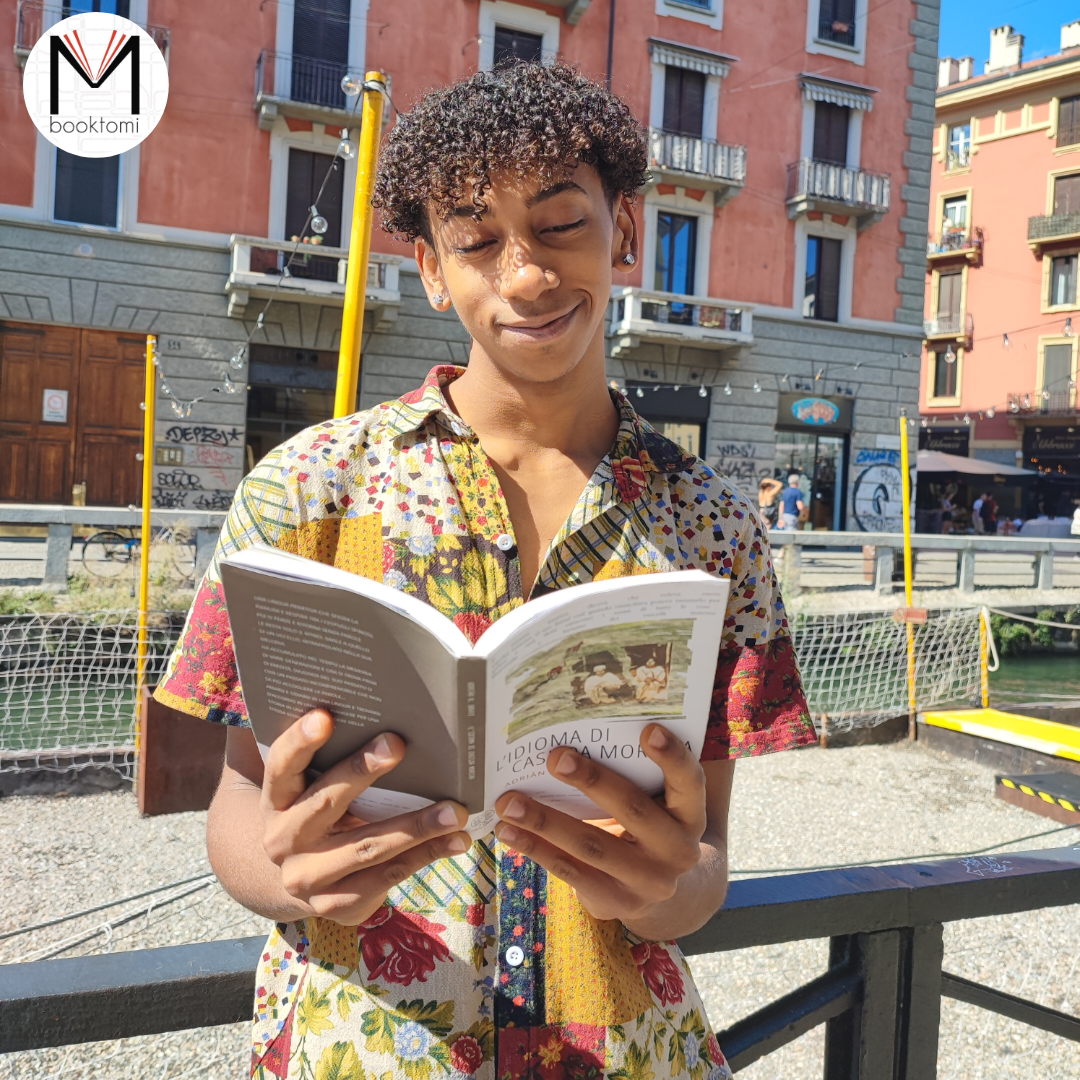“FRIDAY RE-VERSO”
“What if silence one day no longer wants to be silent?”
There is a language that is dying and there are only two people left to keep it alive. But these two people don’t talk to each other.
It is difficult to explain the magnetic suggestion of this plot. It contains the fascination of things that are about to disappear, the enigma and the search, the power of connection and also a certain tacit inevitability. Yet it is a calm novel, soft as the name of a woman who rests in the title, which caressingly accompanies the reader throughout the journey from the faculty of glottology in Rome to the edge of the Argentine pampas.
It’s about how the word intertwines with reality becoming reality itself. It is her way of bonding with the land, with the landscape but also with feelings, with lovers, with history. Is it the word that tries to reproduce reality or is it itself that shapes it? We don’t make it a linguistic issue but rather an affectionate and grateful reflection, as a recognition of value, of its expressive and generative power.
The word becomes language, a way of interpreting the world; the link between language and the spaces in which it is born is as evident as it is mystical. Can a language, with its sounds, its echoes, ever be born in one place and not in another? It is filled with certain horizons and at the same time becomes the most precise tool for describing them, in a mutual bond that translation can only mildly replicate. And from the spaces, from that form, a certain way of thinking, of facing the concreteness of reality.
Already in this way the text would be the starting point for a reflection with immense ramifications; but what if the place where a language evolves becomes the heart of two who love each other? The heart is a landscape that forms and is formed by the words with which it tries to make its way into unknown lands, as if the words from one heart to another could encounter interferences – which we will call life – and these could intrude, distort, misunderstand. The language born from this very particular landscape becomes something to take care of, which should not be wasted or certainly given to hearts that are other spaces, other boundaries, other temperatures.
“Feeling and language are not two different things, we loved each other in that language and now all the affectionate things and beautiful words we said to each other have disappeared.”
A language is a home, a motherland from which one can move away, to return to, to keep. Which can be destroyed by unexpected detonations as well as by inexorable wear and tear. Lovers build one that benevolently, but decisively, excludes all other speakers and is intrinsically linked to the existence of certain feelings with which it mutates, evolves, sometimes dies. What amazes in this story is the different degree of awareness of the scholar and of the elderly couple, who instinctively recognize this peculiarity of the language and impose its rules with categorical naivety, candidly bypassing certain forms of teaching and reasonableness. The linguistic approach breaks down and learns from the organic and sentimental nature of words, from their link with life. We readers, like the bedridden professor, reopen our eyes to that distant sound that smacks of prayer and enchantment, we return to the house of our words and in doing so, without anyone forcing us to do so, we (re)learn to inhabit it with the care never discount it deserves.
Written by Delis
____________________________________________________________________________________________________
Adrian N. Bravi, L’idioma di Casilda Moreira, Exorma, Roma, 2019



